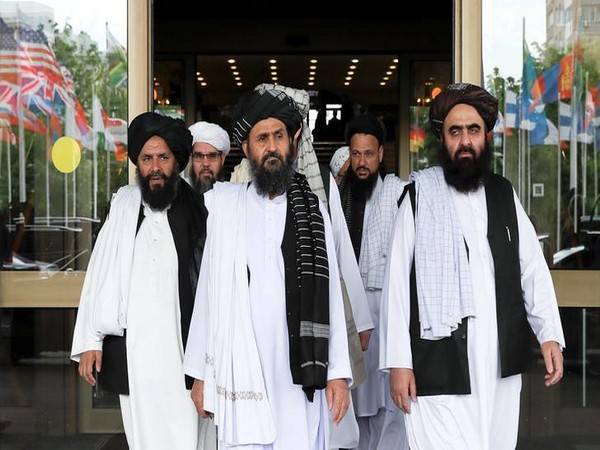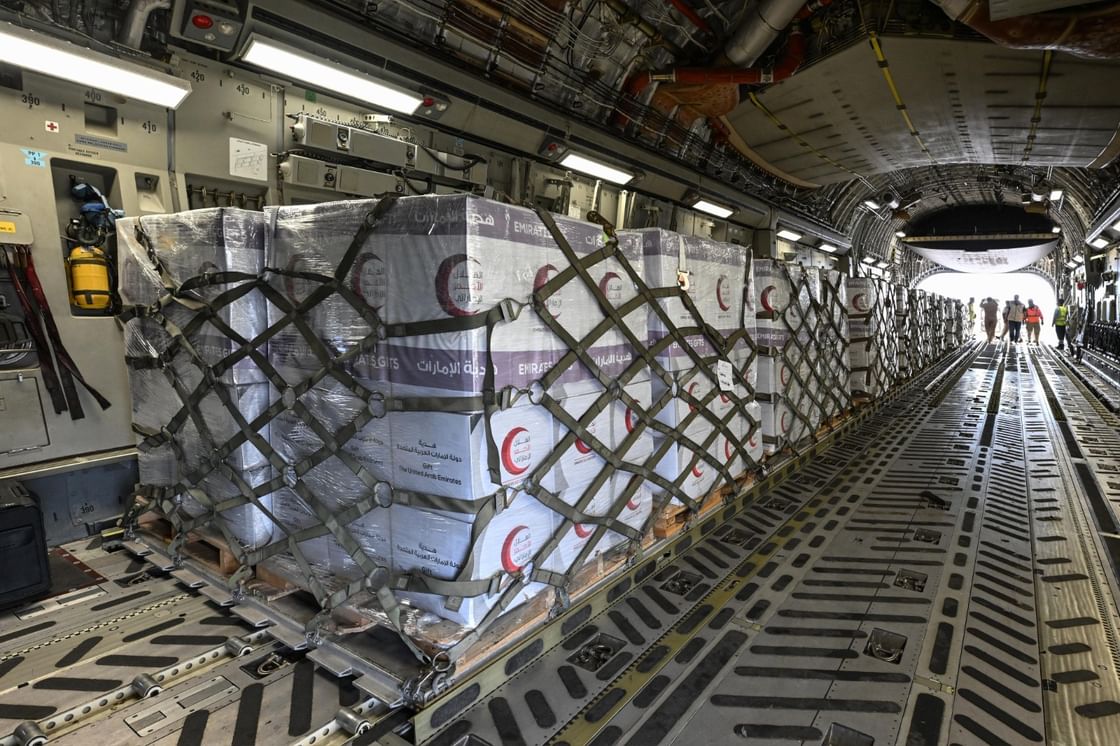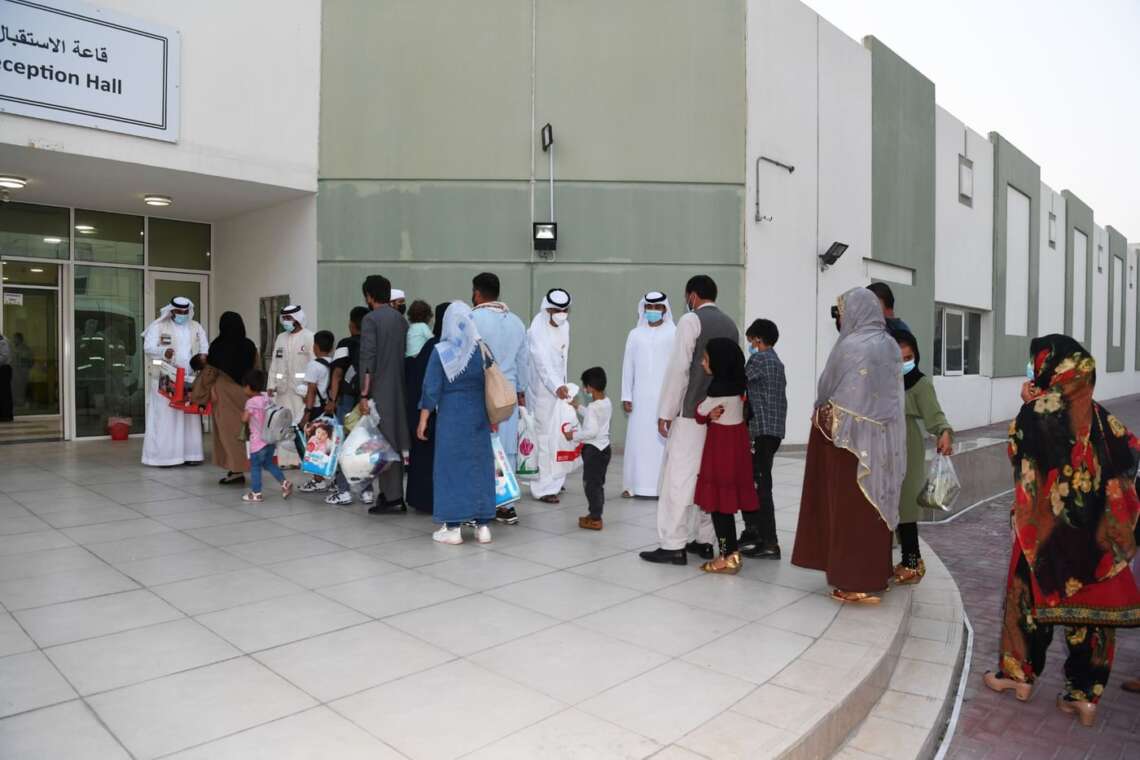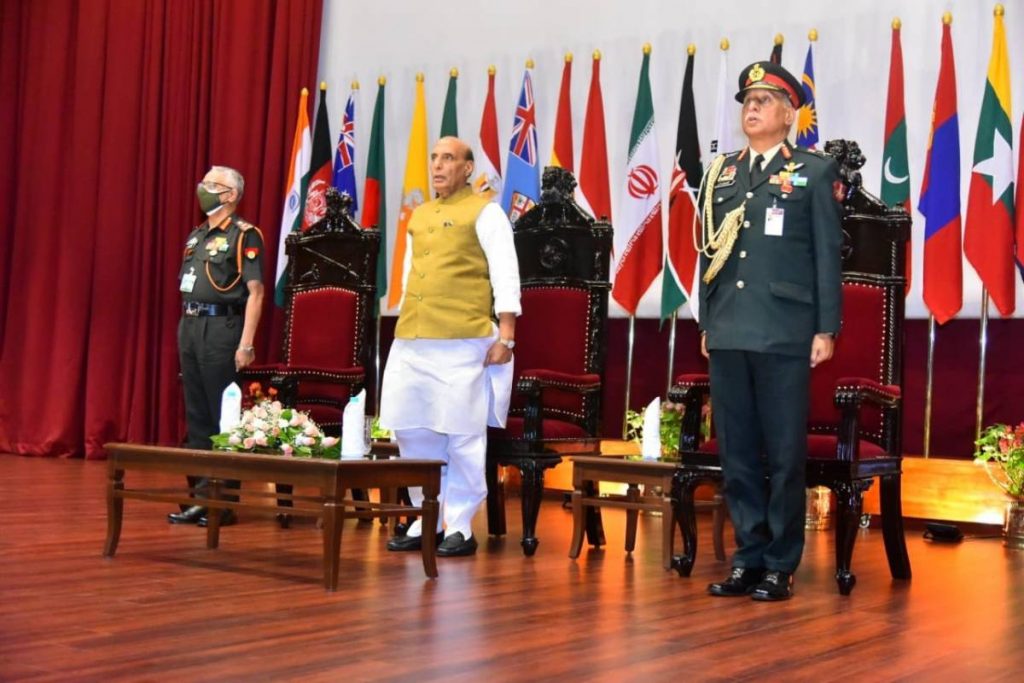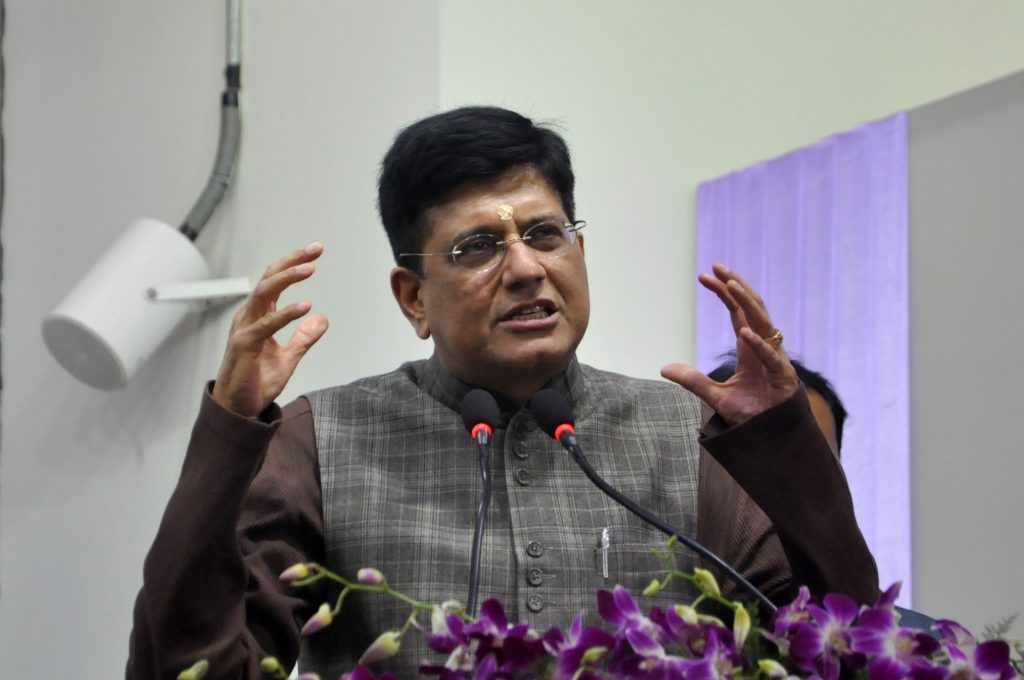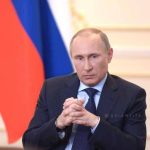Experts believe that the ideological differences among various groups may lead to a difficult situation for the new Afghan leadership…reports Amresh Srivastava
Various factions of Taliban, including the Haqqani Network, working in Afghanistan for a new leadership will lead to complete permanent chaos in the war-ravaged country, experts said.
Experts believe that the ideological differences among various groups may lead to a difficult situation for the new Afghan leadership which seized power a fortnight ago.
Talking about the ideological differences and personal interest of these groups such as the Al-Qaeda and the Tehreek-e-Taliban Pakistan (TTP), among others, the experts observed that every group may need a slice of the cake.
They also opined that the Afghan leadership is unlikely to open a new channel of confrontation as it is busy with the process for the formation of the new government there.
Reacting to the situation, former Indian Ambassador to Kazakhstan, Sweden and Latvia, Ashok Sajjanhar, said that what the Taliban might do is that they will include the representatives of these factions and try to maintain peace.
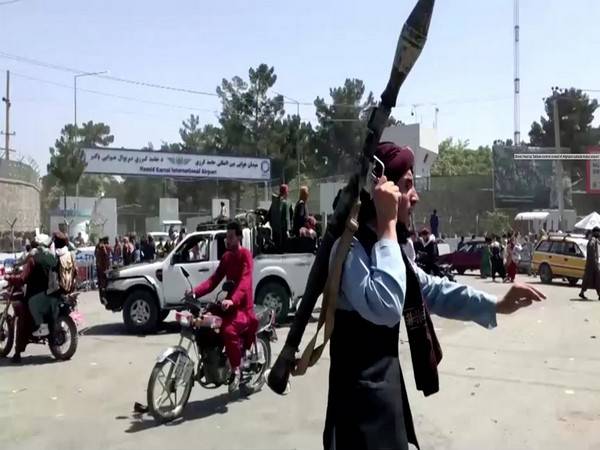
“There are different sections or components of the Taliban, they have their own rights. But the common thread is that they are established and controlled by Pakistan’s ISI. The Afghan leadership may try to accommodate and try to buy peace, but all of them will jostle for more power, greater jobs and more authorities… So it will be a challenge for the Taliban how to accommodate them”, Sajjanhar said.
He also said that Pakistan will be shepherding and it will put pressure on these groups to accept what would be offered to them.
There was huge disconnect between the fighters on the ground and the Taliban leadership which met in Doha, so the implementation of the policies will also be a challenge for the Afghan leadership, he added.
Similar views were expressed by West Asia expert Qamar Agha, who said that the formation of a coalition government will be a difficult task for the Taliban and “these groups are having different ideologies and agenda, some of them have close connections with the Islamic States of Syria and Iraq (ISIS), with Al-Qaeda or other groups, therefore, they need to have a ‘common action plan’ to take them on the same page.”
“The cadre of the Taliban is not a very disciplined force. Secondly, the corruption is very deep-rooted among the Taliban, and many groups within this militia had behaved like mafia in the past… They were involved in gun running, poppy trade and they are unlikely to give up these practices,” Agha said.
Initially, they may behave with some unanimity but later on the differences will emerge and the possibility of confrontation among themselves will increase. We have seen earlier that the Mujahidin formed the government, but later they fought among themselves, he added.
However, another expert, Nishikant Ojha, disagreed with this and said that the Taliban leadership is aware of these issues and efforts are being made to take them on the same page.
“I do not think that the Taliban will have any problem with different groups with different ideologies and the representatives of all factions are likely to be accommodated in the proposed Taliban government. They have already done their homework considering these factors,” Ojha said.

